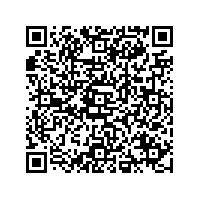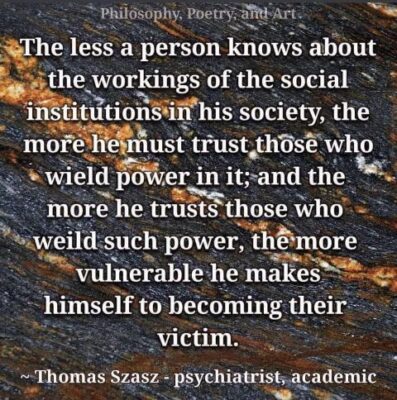Institutions and the “Elites” within shattered the trust of ordinary citizens when, instead of staying with the Servant/Leader model in which they were subservient to the people, they decided to abrogate that relationship.
Emphasis mine (reformatted).
Overall, a clear pattern emerges: a marked and fairly widespread decline of public confidence in science since the pandemic. While, historically, Americans’ confidence in science has remained high relative to confidence in other institutions, this gap now appears to be narrowing.
The pandemic surely played a role, especially controversial policies such as school closures and masking young children. There’s little doubt the conduct of scientific, political and media elites contributed as well — from policy mistakes like the botched rollout of diagnostic tests to mixed and misleading messaging on masking to the dishonesty of politicians who failed to follow their own rules to efforts within government, the media and the scientific community to suppress dissent.
The English sociologist Anthony Giddens once observed that modern societies are uniquely dependent on trust, particularly trust in what he termed “abstract systems.” Members of smaller traditional societies are embedded in face-to-face relationships with neighbors, friends and family members. By contrast, we are dependent on a vast array of interconnected social institutions, especially expert institutions, which involve “faceless commitments” to those we do not (and usually cannot) know personally.
It is characteristic of these abstract systems that we cannot opt out, at least not entirely. Sustaining trust in them therefore becomes a basic requirement for the functioning of modern societies. Essential to this process is what Mr. Giddens calls “access points”: interactions between lay citizens and individual members (or representatives) of abstract systems; think of experts such as Dr. Anthony Fauci or even your family physician.
Such interactions provide opportunities for experts vested with authority not only to exemplify the requisite skills but also to exhibit the character traits — rectitude, professionalism, disinterestedness — needed to generate and sustain the trust of those lay individuals who depend on them. If your doctors lie to you or put their financial interests ahead of yours, you will probably stop trusting them. If their behavior appears egregious enough, it might shake your confidence in the entire medical establishment. Access points are where trust is established and sustained or broken and lost; they are vulnerabilities in abstract systems.
The Covid-19 crisis simultaneously laid bare our dependence on abstract systems and shook many Americans’ confidence in them. From this point of view, expert institutions lost the public’s trust not only because of unpopular policies but also because prominent representatives of these institutions either were or were perceived as being self-interested rather than disinterested, politically motivated rather than dispassionate.
Instead of serving, they demanded. Instead of “being of service,” they expected to be served. Instead of “obeying” normal social norms, they decided they could create new ones and expect the rest of us, on command, to hew to them.
They believed themselves to be indispensable to “the unwashed masses.” They, and whatever “mission” they had and followed, believed that we didn’t matter. Do as we tell you to, peon!
These same people act astonished at how little we really care about what they do and what they think. They failed to read poll after poll on how we perceived them. They failed to think “Er, wrong move? Wrong way? Too condescending?”
And in the world of politics, too maniacal about what they can get away with?
We SAW what they did in the past. We SEE what they are doing now. Unlike what they believe about our “incapabilities,” we can extrapolate what they want to do with us in the future. WEF: “You will own nothing and be happy about it.” The Democrat Party: “Have less, do less, be less.” And the Republicans, “What, you’re surprised we won’t fight for what YOU think is important – But please still send us money and your votes.”
These institutions have gained power at our expense. Our lack of trust has not reached its deepest depth, but when it does, there will be a reckoning they will never see coming.
Certainly, the now-former Speaker of the House, Kevin McCarthy, thought he’d survive this skirmish of the disaffected. “So what if I made promises to get your votes – you’ll never hold me responsible!”
Like him or not, Gaetz made it clear that it is up to us to hold those who should be accountable ACCOUNTABLE. Decisions have consequences, but we haven’t laid into delivering those consequences for FAR too long.
We need to start NOW – and there are LOTS of targets to choose from. Go ahead, pick even a small one and both how fun it can be and the results that stem from it afterward. It may be HARD, and it may be FRUSTRATING – and require lots of patience and persistence and a sense of “Pest Mode,” but trust me, you will have a sense of accomplishment almost unobtainable by any other fashion.
HT | Instapundit
Support Independent Media – Please Scan the QR Code or Use the embedded form to get your tickets to Groktoberfest!

